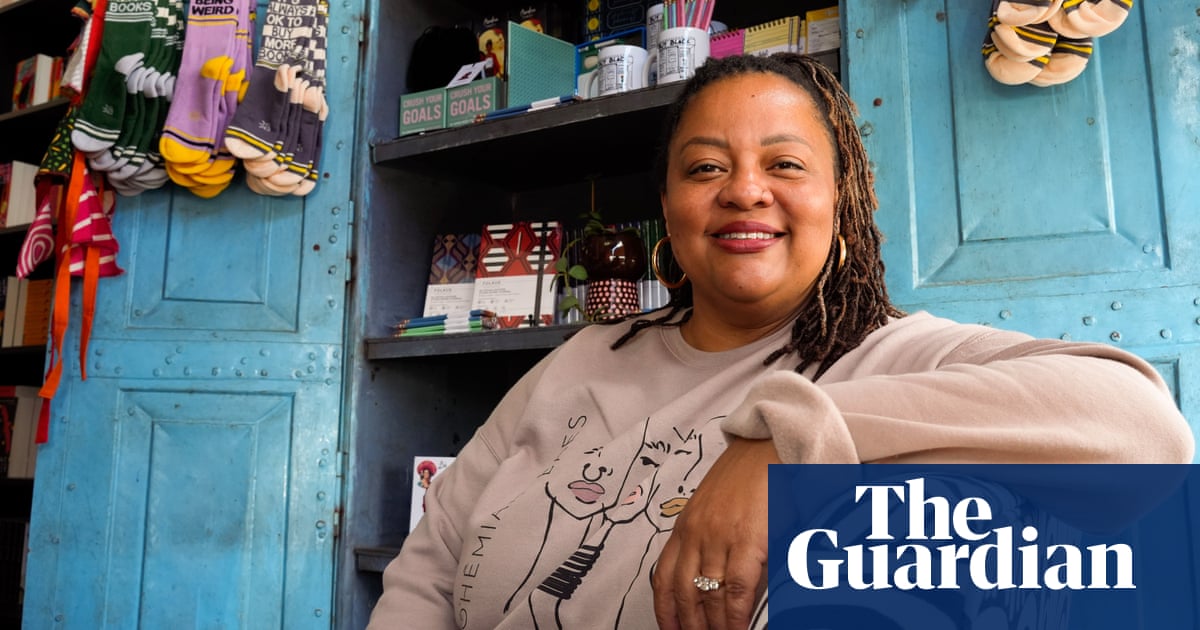
Black investors have long been underrepresented in the stock market; only 33.5% of Black American households owned stocks in 2019, according to Federal Reserve data. But that’s beginning to change. Across the country, a new generation of young Black wealth managers are launching firms that aim to make investing accessible within the Black community – and in the process, to help close the racial wealth gap across generations.
“We all need education, access, and tools to be successful, and those were things that weren’t always accessible to us,” says Calvin Williams, founder of Freeman Capital. The Charlotte, North Carolina firm is the only Black-owned automated investment platform currently registered by the SEC.
Named by Investment News as one of “40 Under 40” industry leaders to watch in 2021, Williams launched his firm with Black investors specifically in mind. He hopes to push back against a legacy of “systemic and institutional barriers that made investing inaccessible and uncomfortable” for Black Americans.
The tides are turning for the better, a shift that’s especially visible among Williams’ fellow Black millennial investors. The 2020 Ariel-Schwab Black Investor Survey, released earlier this year, found “evidence of growing engagement” in stock investment by Black Americans under 40. In fact, 63% of Black respondents in this age group reported holding investments, a rate equal to that of their white counterparts. 29% of these young, Black investors said they started investing in 2020, compared with just 16% of their white respondents.
Williams attributes the boost in stock market participation to both the social justice resurgence of last year and the circumstances of the pandemic. As a byproduct of the lockdowns and social distancing mandates from Covid, people spent less time and money on recreational pursuits. Suddenly, younger adults in particular found themselves with extra resources to invest, along with the time to consider their options.
Lowered barriers to entry haven’t hurt, either. Williams’ clients pay a month-to-month subscription fee that is significantly lower than the average $4,000 annual retainer for an account with a traditional firm. He says that this kind of flexibility is critical for increasing diversity among investors.
“While building my own wealth, I learned that if you did not bring wealth to the wealth management industry, they [often did] not want to serve you,” Williams says. “There was no firm set up with our specific needs” – the needs of Black investors – “and goals in mind.”
Most firms, in other words, are ill equipped to meet the needs of Black clients. “If you’re going to build a business, you have to do it in a unique way with a deep understanding of our community and the solutions they need to help them build wealth,” Williams says.
The race disparity in the financial services sector is profound. 2019 data from the US Department of Labor data indicated that only 5% of US wealth management professionals are Black.
But with increased demand from Black investors comes increased opportunity for Black-owned firms. William Huston and Ekenna Anya-Gafu– respectively, the CCO and CFO of Bay Street Capital Holdings, an investment firm based in Palo Alto, California – believe that Black-owned wealth management companies are poised to grow at a significantly faster rate than in previous years.
Some of this opportunity stems from wider industry changes, like the rise of beginner-friendly stock-trading apps that make investing seem within reach.
“[In 2020] we heard about Robinhood everywhere, and now people know you don’t have to have thousands of dollars to begin investing,” says Anya-Gafu. He reports that, between March and December of last year, Bay Street Capital saw a more than 50% increase in Black investors.
Bay Street Capital takes a similarly inclusive approach with its holdings. While other firms focus on maximizing returns, Huston and Anya-Gafu place a higher priority on total risk management. They opt to invest in companies with a positive cash flow, which protects Bay Street’s investors by preventing absolute loss across any allocation.
This approach puts the company in a position to work with Black-owned companies that are good investments but have been told “no” by the banks because they are small businesses or not scalable.
“I’m going to give them the time of day,” says Huston. “Right there I’m making a subset of decisions that another firm is not going to make. And if there is a revenue number, we can build around it, instead of just injecting cash.” It’s a win for everyone involved.
As Williams sees it, the fight for racial justice includes the fight for financial equity. “I think what we learned through the social justice movement is that the power of the community cannot be contained,” he says. “We are looking at the holistic impact we want to make on building wealth in this country.”












